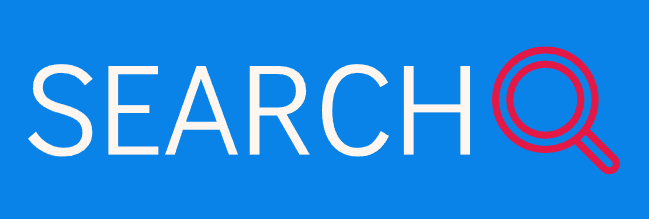Skip to content
- Manage Prescription Costs:
- Check the Formulary: Before filling a new prescription, check your plan’s formulary to see its tier and your cost.
- Ask About Generics/Alternatives: Always ask if a generic or a preferred brand alternative on a lower tier is available and appropriate.
- Shop Around: Prices can vary significantly between pharmacies (retail, mail-order, independent, big chain). Use tools like GoodRx (but be aware it bypasses insurance, so payments may not count toward your deductible).
- Patient Assistance Programs: For very expensive drugs, check if the manufacturer offers a co-pay card or patient assistance program.
- Fight Claim Denials:
- Understand Why: Carefully read the Explanation of Benefits (EOB) to understand the reason for denial.
- Gather Evidence: Collect all relevant medical records and a letter from your doctor explaining the medical necessity of the service.
- Appeal Promptly: Follow your insurer’s appeals process meticulously and meet deadlines. Start with an internal appeal to the insurer. If denied again, you may have the right to an external review by an independent third party.
- Document Everything: Keep detailed records of all calls (date, time, representative name, summary), letters, and emails.
- Plan Selection (If You Have a Choice):
- Project Your Needs: Honestly assess your and your family’s expected healthcare needs for the year. Consider regular prescriptions, planned procedures, chronic conditions, and potential emergencies.
- Compare Total Cost: Don’t just look at the premium. Factor in the deductible, coinsurance/copays, and out-of-pocket max. Calculate worst-case and likely-case scenarios.
- Network is Key: Ensure your preferred doctors and hospitals are in-network. Check if needed specialists are included.
- Review Drug Coverage: If you take specific medications, ensure they are covered and on a manageable tier.
- Consider an HSA with HDHP: If you’re generally healthy, a High-Deductible Health Plan (HDHP) paired with a Health Savings Account (HSA) can offer lower premiums and tax advantages. HSAs are triple-tax-advantaged (pre-tax contributions, tax-free growth, tax-free withdrawals for qualified medical expenses) and yours to keep forever.
